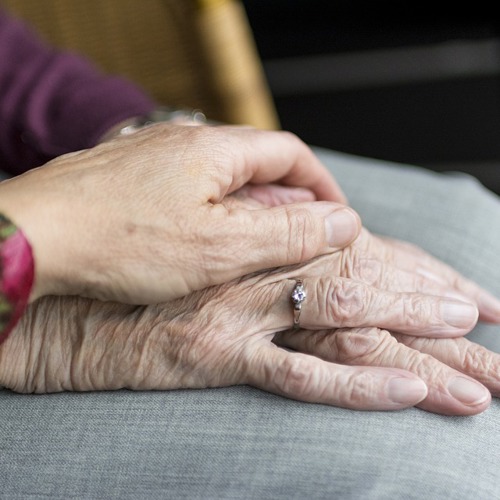The APTS denounces limitations of the 2021-2026 action plan for long-term care facilities
May 6, 2022

Montréal – “This plan is ambitious, which is certainly commendable, but it’s full of gaps. It’s never going to produce results unless we get concrete measures to handle the many different categories of people living in long-term residences – and unless the expertise of professional and technical employees is used.” These comments were made by Robert Comeau, president of the APTS (Alliance du personnel professionnel et technique de la santé et des services sociaux), in response to the 2021-2026 action plan for long-term care homes unveiled on Thursday by Minister Marguerite Blais.
“We had high hopes that residential facilities would be made more responsive to the needs of all residents,” says the APTS president. “This reform to improve our seniors’ lives has been eagerly anticipated, and we don’t want to deny its importance. But we have to point out that the plan is incomplete. A significant number of beneficiaries are being left aside, and it’s not enough to promise that they’ll be dealt with case by case. There are people with specific needs – arising from mental health or autism spectrum issues, addiction, or homelessness – that won’t be met by the services provided for all residents.”
The APTS is also concerned about the resources that will be dedicated to carrying out this plan, given that no incentives are provided to help attract and retain personnel. “If the government wants to establish an approach that’s genuinely adapted, and that’s based on listening to people’s needs, there’s no way it can avoid investing in professional resources and training,” says 3rd APTS vice-president Benoit Audet. “Above all, it needs to reduce the pressure to perform in terms of statistics. Employees in residential facilities won’t be able to adapt services to meet the needs of each resident if they have to meet quotas imposed by managers.”
The APTS sees the Legault government missing another opportunity to benefit from the invaluable expertise of professionals and technicians employed in the health and social services system. These women and men have the knowledge and experience we need to create living environments based on a well-designed, non-pharmacological approach with a focus on rehabilitation. And while the government deserves praise for its commitment to strengthening the role of beneficiary attendants, it’s surprising that nothing is being done to achieve a similar level of involvement on the part of physiotherapists, dental hygienists, nutritionists, social workers, recreation technicians, audiologists or occupational therapists, to name just a few of the job titles that make a huge difference in helping residents avoid deconditioning.
“How can we explain that professional and technical employees aren’t involved in carrying out this action plan for long-term care facilities?” says Benoit Audet. “The Legault government needs to broaden its consultations. It shouldn’t be talking only to directors within the health and social services ministry – too often, these are people who forget the expertise of workers on the ground and don’t think to consult their representatives.”
The APTS
The APTS (Alliance du personnel professionnel et technique de la santé et des services sociaux) represents more than 65,000 members who play a key role in ensuring that health and social services institutions run smoothly. Our members provide a wide range of services for the population as a whole, including diagnostic, rehabilitation, nutrition, psychosocial intervention, clinical support, and prevention services.

